N e w s
“It is difficult to get the news from poems yet men die miserably every day for lack of what is found there.”
—William Carlos Williams
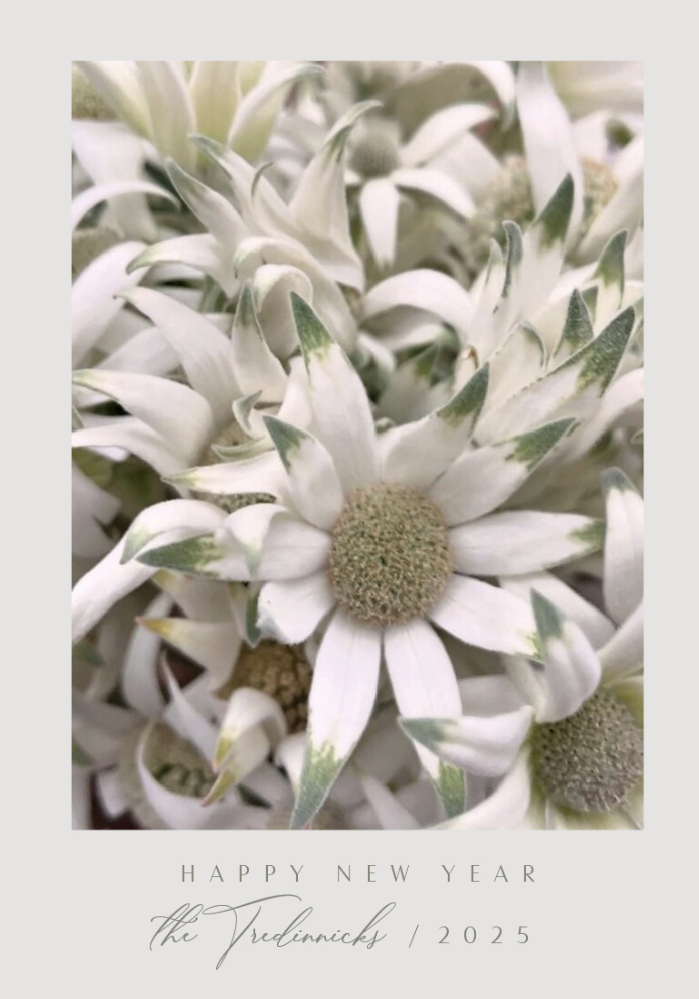
Nine or Ten Good Things that Happened this year.
1. This time last year, we were driving home along the Great Divide through droughty fields, from Dunkeld, where some of my carols, set by Alan Holley, had been performed by the Australian Chamber Choir. This December, a new carol, “Carol of the Advent Moon,” composed for Andrew Ford, will be sung in Andrew’s new “I Sing the Birth,” by three children’s choirs around the world, including Luminescence in Canberra on 14 December. My brother Russell is also writing new, more popular arrangements of my Nine Carols for community, church and school choirs. Beautiful settings all of them, especially Russell’s, and such a joyous use of poetry. It seems I have become the Carol Guy. I guess if your mother was a sacred musician and your grandfather a Methodist minister, and you wrote your first carol/poem when you were twelve, this is what happens. We arrive in the end back where we began.

The Flowering Dark
In June, 5Islands publishes our first full collection of poetry, The Flowering Dark, by Eltham poet Sue Lockwood. It’s notoriously difficult to summarise a book of poems. We left that, on the book, to Audrey Molloy, Judy Beveridge, and Kate Middleton. You can see what Judy thought: we put it on the front cover. I’ve worked with Sue through a masterclass or two and a mentorship, so I know the poems—as they were and as they now are—like garden plants.

October
The 68th Blake Prize for Religious Art was awarded at the Casula Powerhouse in western Sydney on 19 May. My poem “October” was in the running for the poetry prize, which is part of the larger Blake Award. There is an argument that a poem that does not work a bit like prayer (to no goddess in particular) might as well be prose, but spirituality (of disposition, of line of thought, of cast of mind, of diction) is my way, I think, and since poetry became part of the Blake in 2009 and a poem of mine won, I have had poems listed most years, and I’ve judged the prize and launched the prize and had something to do with many of those whose poems, like Coco X. Huang’s this year, have won (or placed in) the prize.

Down at Ngununggula, the Art Gallery in the Highlands
Poetry is how the world goes; it’s what the world is; poems are how we catch the world, sometimes, in the act of Being what it is and becoming what it will. Many cultures understand the role of poetry as a kind of saying of what otherwise goes unsaid by the world—a witnessing, a divination, a joining of and perpetuation of the perpetual recreation of the miraculous actuality of the world, in its forms, and of us and our forms. We humans in our poetry, in our singing and lyric saying, are the tongues of creation, some traditional cultures say. Some phenomenologists, too.

“Lines for Late Winter; or The Reef Heron” wins second prize in this year’s Newcastle Poetry Prize
T H R I L L E D to see Kevin Smith, a terrific lyric poet and a student of mine, take out this year’s Newcastle Poetry Prize with his deeply felt poem “The Crossing.” It’s a tender and a well crafted lyric poem I was equally delighted to see my poem take second place. “Lines for Late Winter,” written on the day we interred my mother’s ashes, begins as a riff on Mark Strand’s “Lines for Winter” and continues, thinking of the shores I found myself stumbling along in my ageing body, that day late in winter, Strand’s notes of stubborn gladness and determination to carry on and do some good even in the face of impossible odds. Halfway in a reef heron turned up to help me finish the poem, and there is no way that was not my mother. Another student of mine, the wonderful Jo Gardiner, took out third prize for her “A Country Childhood”.

Alleluia
F I O R E Chamber, a brilliant young vocal ensemble from Melbourne premiered at a concert in Camberwell on Sunday (19 November) three of the secular carols (and my “Advent/ure”) composed by Alan Holley from my “Nine Carols”. Along with the audience in St Johns and many others online, I was hearing for the first time my words sung in Alan’s playful and complex, lyrical compositions. And I was astonished.

Newcastle Poetry Prize Shortlist 2023
The shortlist for Australia’s foremost poetry prize, the Newcastle Poetry Prize, was announced today (10 October 2023). Thanks to Judith Nangala Crispin and John Foulcher for their work and discernment as judges this year. Congratulations to Jo Gardiner and Kevin Smith and others for making this strong list. Two poems of mine, “Fall” and “Lines for Late Winter; or, the Reef Heron”, have made the shortlist, too.
Nine Carols: Coming Soon
The book of Nine Carols (and an Advent Overture) is published by 5 Islands Press on 1 November 2023. Designed and illustrated by Gerhard Bachfischer, the book makes a beautiful Christmas card/gift. Order now.

“Sixty-five Thousand Two-hundred and Thirty-odd Reasons to Vote Yes”. My essay just posted.
This referendum is what a poem is—an enormous moment. Let’s please not miss it. A chance to begin to set right a moral wrong and to set the house we live in on surer footings; an invitation to enter into a fuller and truer understanding of ourselves and a story as big and long as the continent, as various as its geographies. Read my essay, a poet’s plea, just published on my website, at Riffs & Plaints.

The Poetics of Healing
“Words can alter, for better or worse,” wrote psychiatrist Jerome Groopman in The New Yorker, “the chemical transmitters in our brains.” We ail when the language in which our lives are lived is ugly, brutal, instrumental, banal; we do better, our being prospers, when it is said (when we say our lives) in language that is kind, truthful, humane, rhythmic, intelligent, vivid. Poetry, at its best, is such language. It puts right in us, at a deep molecular level, what the bad language of prevailing discourses atrophies, traumatises, and deadens. Hear more on this at a panel at UQ, Thursday 24 August: Poetry and Philosophy in Healing: Ways of Knowing, Learning, and Being.

Meanjin/Brisbane Launch of A Beginner’s Guide: 23 August 2023. A conversation on old & new beginnings with Bronwyn Lea.
I talk with poet Bronwyn Lea about beauty, craft, longing, scholarship, delight, and the art of eternal beginning, by way of launching my latest, A Beginner’s Guide, north of the border. Wednesday 23 August, 6 for 6:30 at Echo & Bounce, 596 Stanley Street, Woolloongabba, Brisbane/ Meanjin.
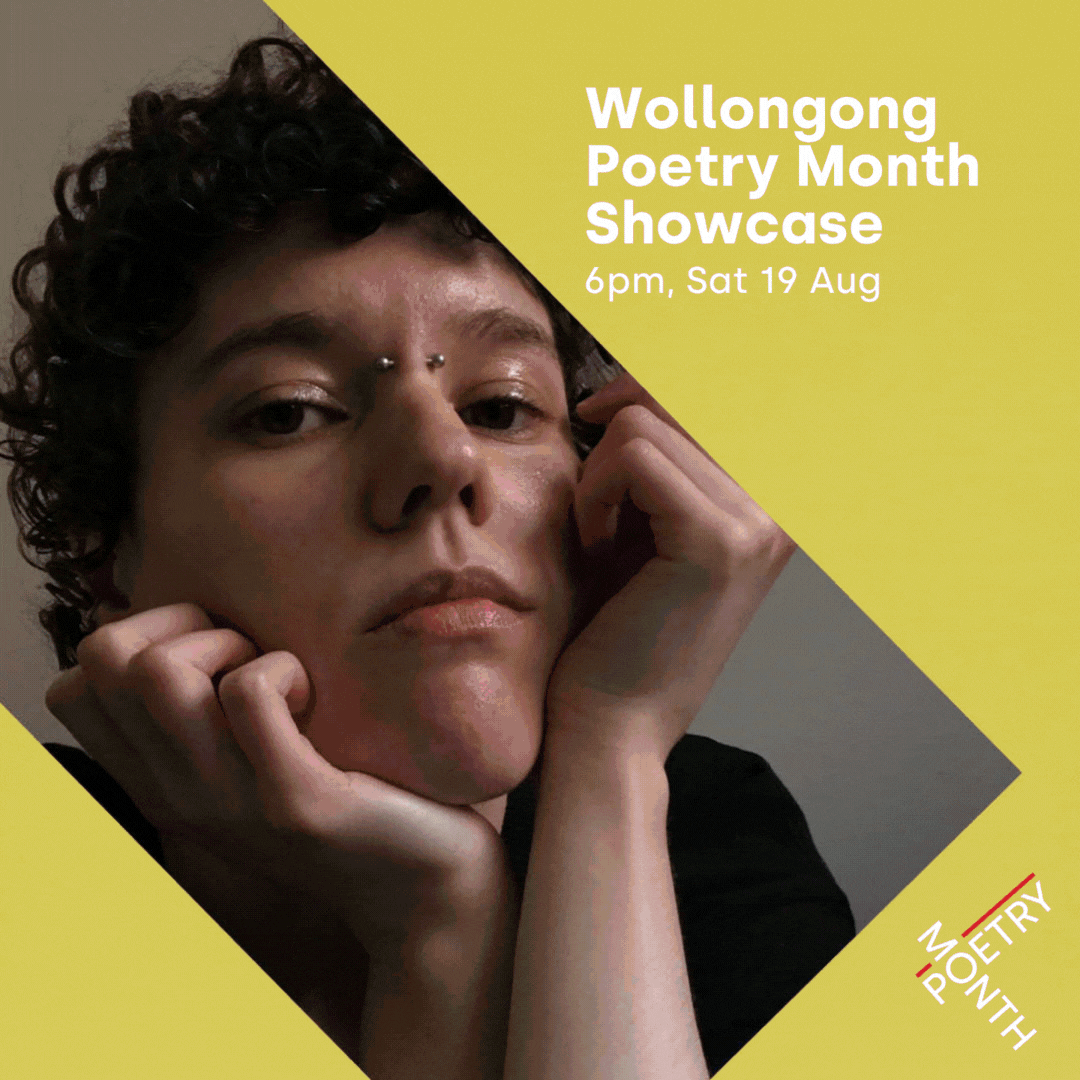
From the Roof of the World to Foot of the Scarp
On Saturday evening, 19 August, I’m reading at a Red Room Poetry gig, part of the South Coast Writers Festival, in Wollongong. All of us reading feature in an anthology of poems written Red Room, to be published later this year.
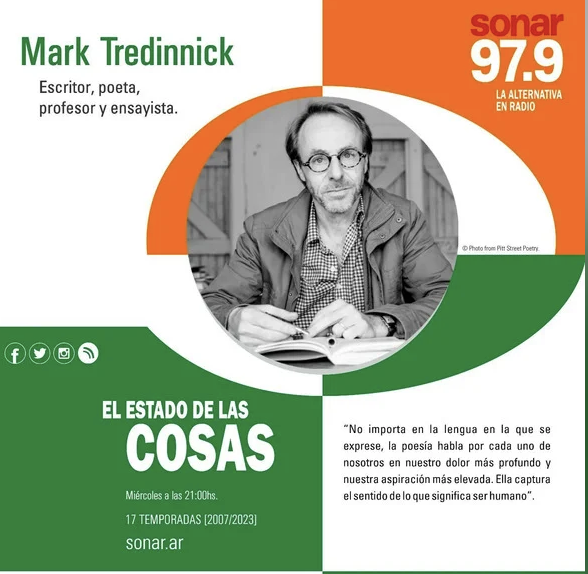
Sergio De Matteo’s Argentinian Radio Program
Sergio De Matteo’s Argentinian radio program based on Mark’s essay The Inhumanities; Or, the war on the humanities & why our humanity is at stake.
Listen here in Spanish:

Some of the Music of Existence Falls Silent when a Great Witness of Being Passes: Cormac McCarthy Leaves Us
So farewell, Cormac McCarthy. Your writing was a habitable wilderness for me and many. Your sentences taught me poetry and the mathematics of grace. Thank you for being among us in your life and in your works. Thank you for your serious heart and the wild and tender music of your mind and how you spoke it.

Breaking Blue News: Judith Nangala Crispin & Paris Rosemont Join the Ensemble
Bpangerang woman, artist and sublime poet, Judith Nangala Crispin, and award-winning poet and performance artist Paris Rosemont join Russell and me at a performance of poems and songs, for The Blue Square Art Prize at the BDAS Gallery, Short Street, Bowral, Saturday 27 May 2023, 6 till 9pm.

Songs & Poems from A Gathered Distance and A Beginner’s Guide: The Blue Square Art Festival, Saturday 27 May 2023
Again this year, I’ll be doing a show with my brother Russell and his band as part of the Blue Square Art Festival in Bowral. Russ has set many of the poems from my three most recent books (A Gathered Distance, Walking Underwater, and A Beginner’s Guide); he’ll perform two sets of those on the night, and I’ll read three or four new poems. Saturday 27 May at 6:00pm. Bowral District Art Society Gallery, 1 Short Street, Bowral.

Shifting Perspectives of the Pastoral in Karen Solie’s “Mole” and Mark Tredinnick’s “Tereticornis”
“In depicting the return to ideal simplicity through nature, the pastoral genre often turns nature into nothing more than a simplistic ideal. Poets Karen Solie and Mark Tredinnick have discovered this flaw within nature writing, and their works seek to correct its course. Though the poems “Mole” and “Tereticornis” take different approaches, whether it be varied use of stanza and sound or wildly different speakers, they arrive at the same goal; that is the refocusing of the pastoral back upon the environment and the plants and animals that inhabit it.” Jackson Pinkowski, 2023 McGill University
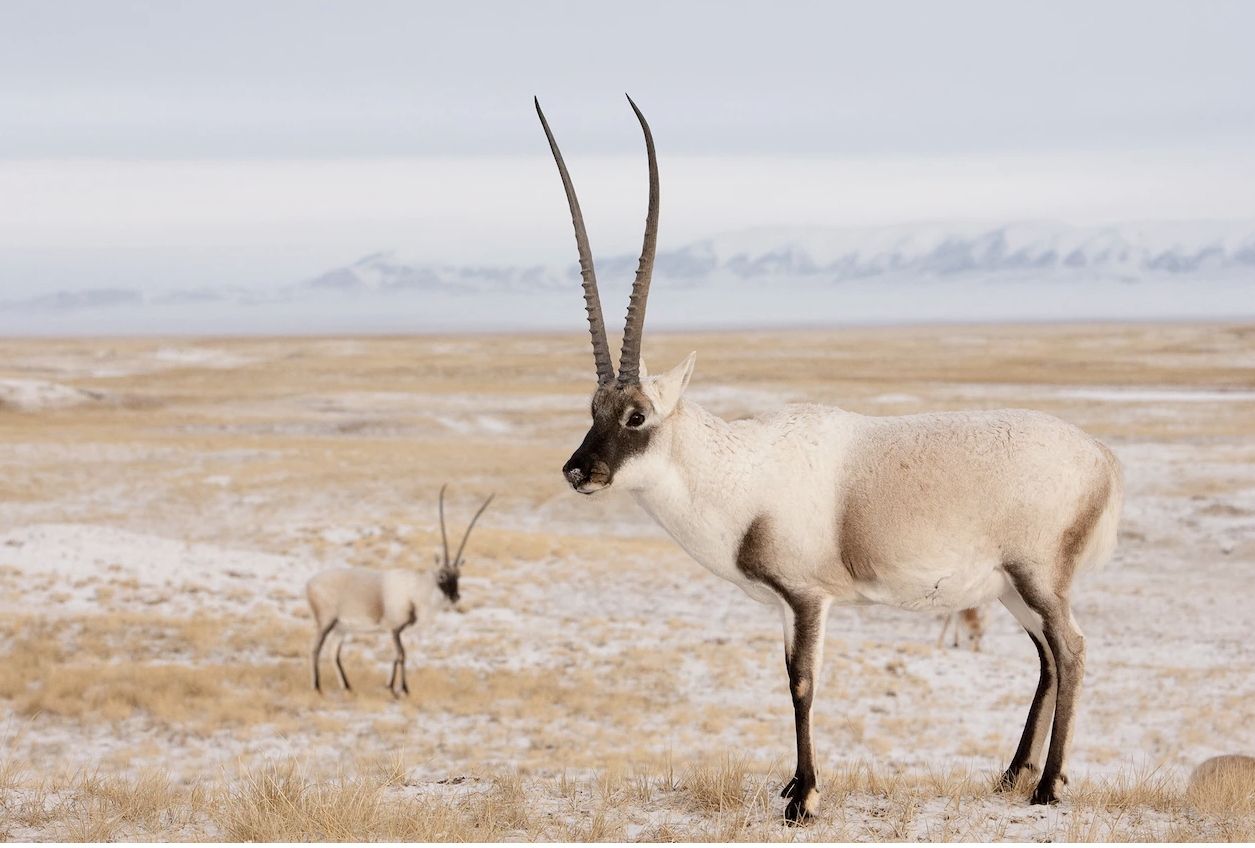
The Golden Tibetan Antelope Poetry Prize
The Tibetan Golden Antelope Poetry Prize, awarded by the organising committee of the Qinghai Lake International Poetry Festival, was established by Jidi Majia, now one of China’s foremost poets and the chair of the China Writers Association, when he was governor of the province and first established the Qinghai festival a dozen years ago.
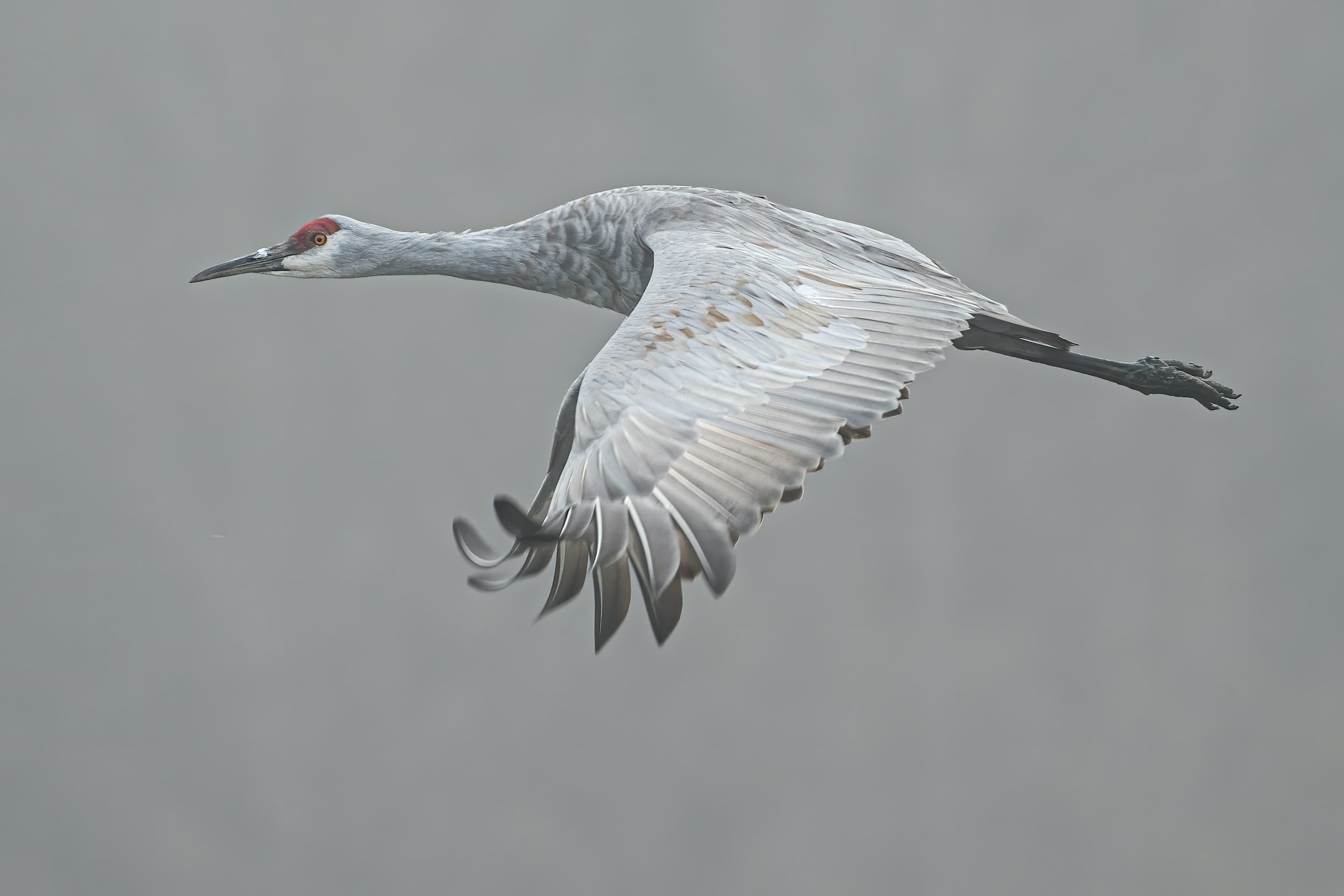
The Carol of the Dead
Two carols on the theme of dying and how to survive it: “The Carol of the Dead,” and “The Carol of the Living.” I read them today in honour of my mother, who died in April, and Robert Adamson, who died on Friday .
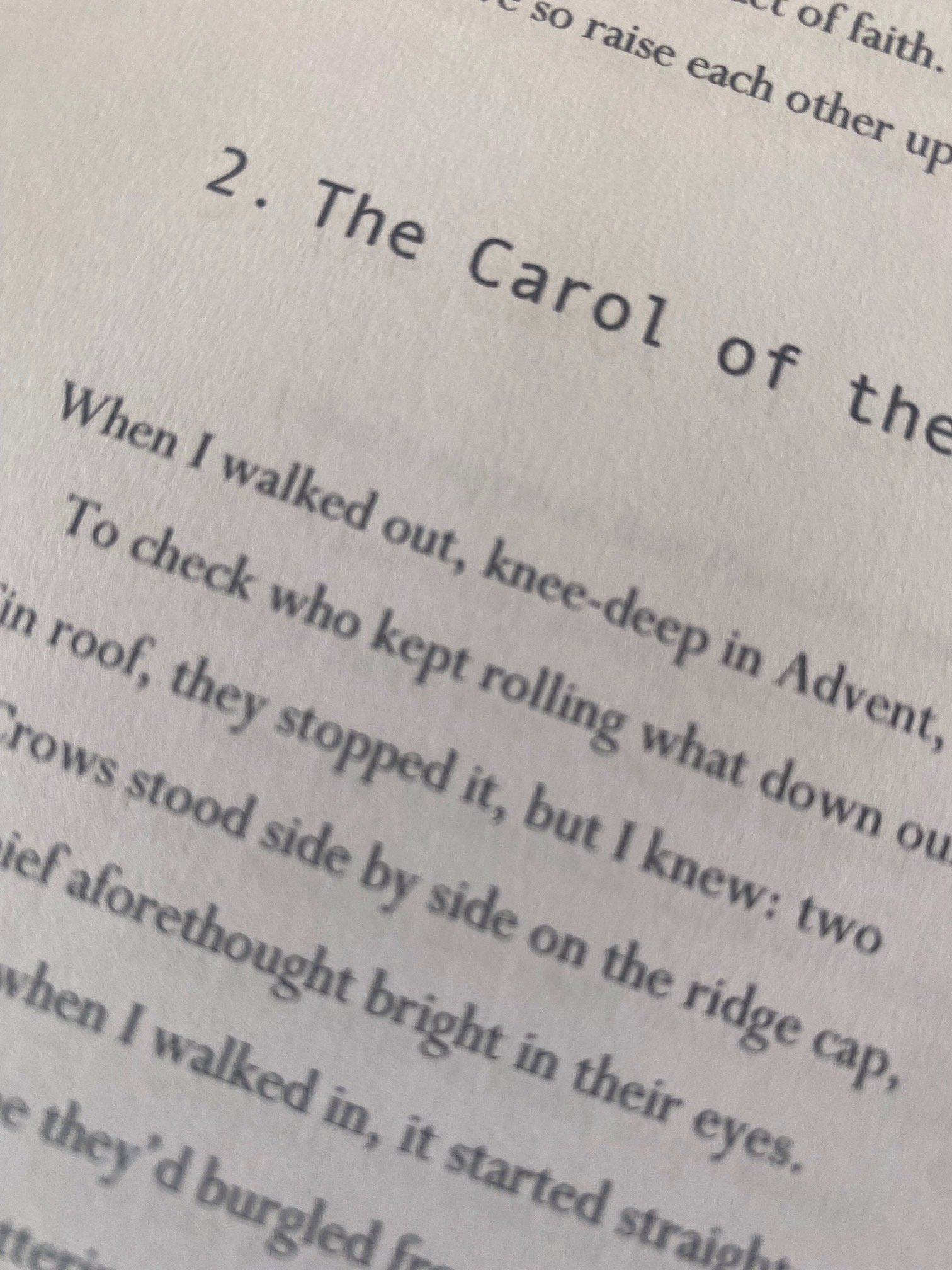
The Carol of the Two Crows: Performed Sunday 11 December
O N S U N D A Y, 11 December 2022, the Australian Chamber Choir gives the world premiere performance of “The Carol of the Two Crows,” a setting by Alan Holley of one of nine new carols I’ve written for him and them.
